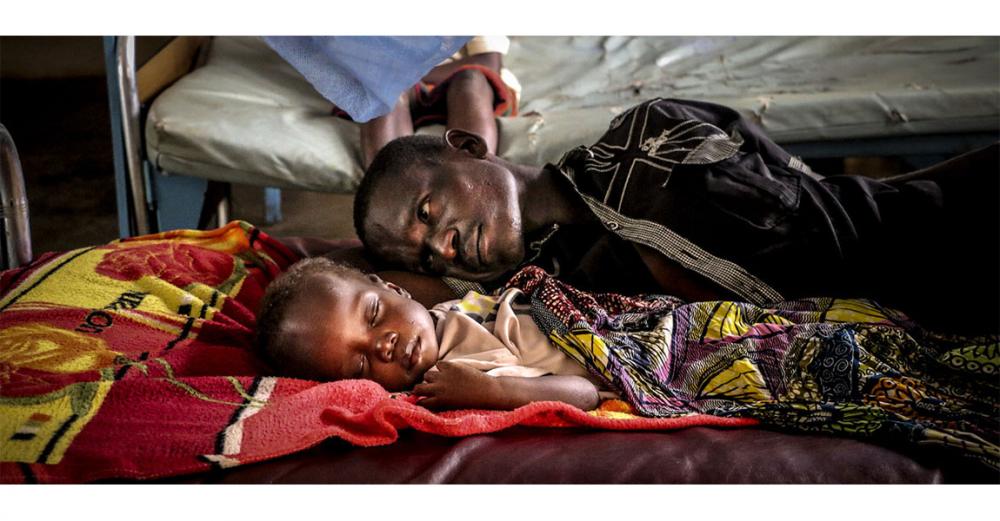Just Earth News | @justearthnews | 07 Feb 2020

New York : A year since the signing of a peace deal between the Government of the Central African Republic (CAR) and 14 armed groups, the UN Children’s Fund (UNICEF) reported on Thursday that millions of children across the country remain threatened by violence and a lack of access to food, health care and other basic needs.
With more than 500 grave child rights violations reported between January and December 2019, Christine Muhigana, UNICEF’s Representative in CAR, said that these are only the verified instances and true numbers are almost certainly far higher.
“Whilst it is incredibly difficult to estimate how many children remain associated with armed groups, these children are among the most vulnerable in the country and their fate remains unclear,” she stressed.
With the aim of ending a conflict that has killed thousands and left two out of three civilians dependent on humanitarian aid since December 2012, peace talks got under way in January 2019 in Khartoum, Sudan, led by the African Union with UN support. The deal was agreed in Khartoum but formally signed on 6 February 2019 in CAR’s capital, Bangui.
UNICEF says that two in three children in CAR are in urgent need of aid amid a crisis that has left thousands trapped within armed groups, and thousands more subjected to sexual violence.
Signs of hope
But amid the ongoing tenuous situation for children, Muhigana said that UNICEF welcomed the formal commitment of more armed groups to prevent grave violations against children and the fact that children continue to be released, either through joint advocacy efforts or through the national demobilization programme.
“We also welcome the country’s efforts to adopt a national Child Protection Code. When this code is adopted, it will be a critical tool to ensure and enforce the protection of Central African children from all forms of violations of their fundamental rights, including recruitment and use in armed groups and forces,” she explained.
Through joint advocacy efforts of UNICEF and its partners, including the ‘ACT to protect children affected by conflict’ campaign that was launched last May, she added that a draft code is now before Parliament for adoption, and that its introduction would represent “a historic moment for this country, and for the lives of children today and tomorrow.”
She said the transition towards peace and more stability also translates into better access to the most vulnerable children for UNICEF and its partners: special immunization activities are reaching more children and the agency’s mobile clinics programme has allowed access to even the most remote communities, to deliver critical support to thousands of children suffering from malnutrition.
As such, she said that the latest UNICEF data show a significant decrease in the cases of acute malnutrition among children under five, compared to 2018, with a 5.8 per cent prevalence of general acute malnutrition in 2019, down from 7.1 per cent in the previous year.
And while these and other preliminary results are encouraging, she cautioned against complacency, stressing that the path towards making the rights of every Central African child fully understood, respected, and promoted, “is long and steep.”
“UNICEF remains committed to working alongside the government and its partners to make sure no child, young person or mother are left behind,” she said.
Photo caption and credit:
UNICEF/Donaig Le Du
A father rests with his son at the Bangui Paediatric hospital in the capital of the Central African Republic.